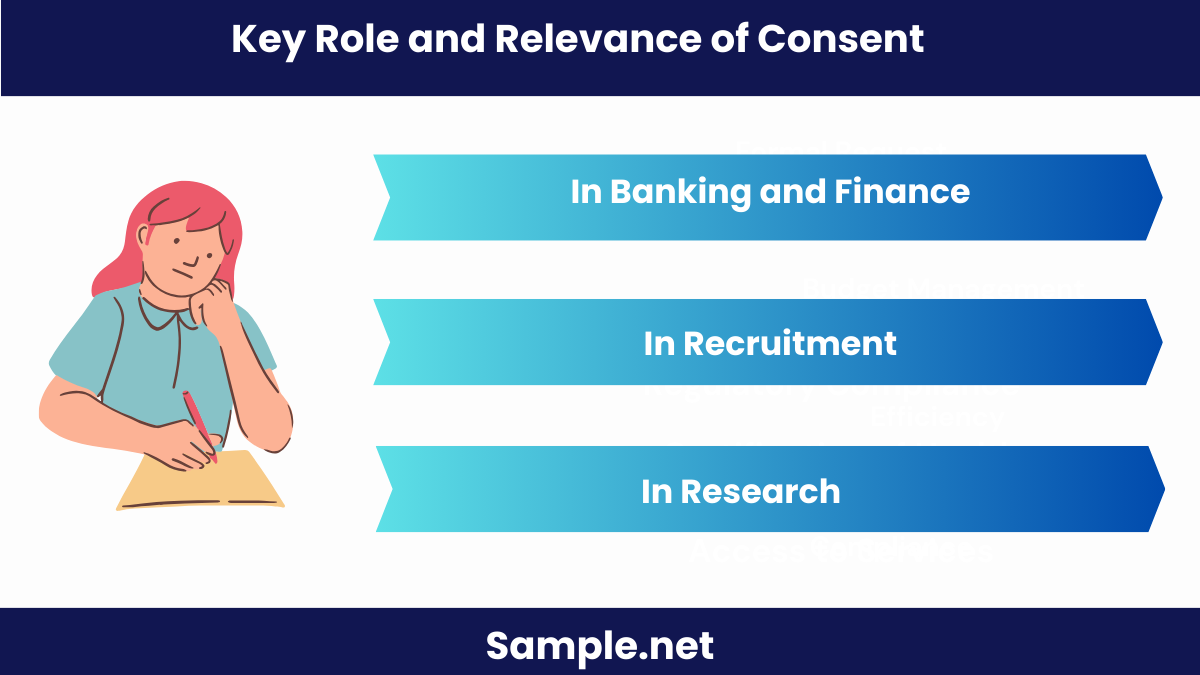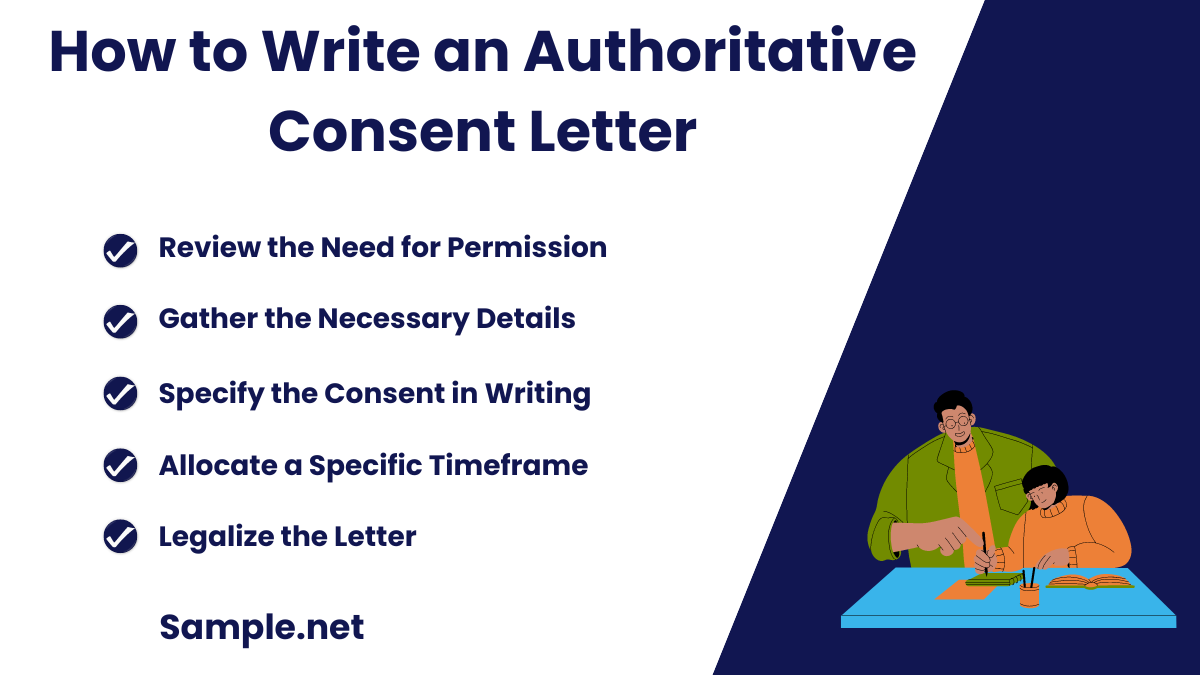Consent Letter Samples
-
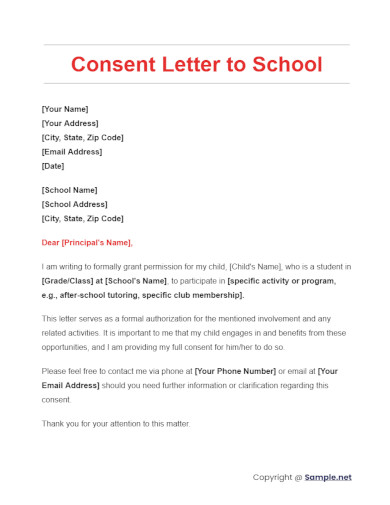
Consent Letter to School
download now -
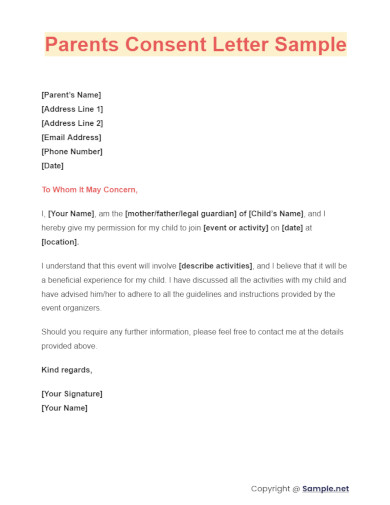
Parents Consent Letter Sample
download now -
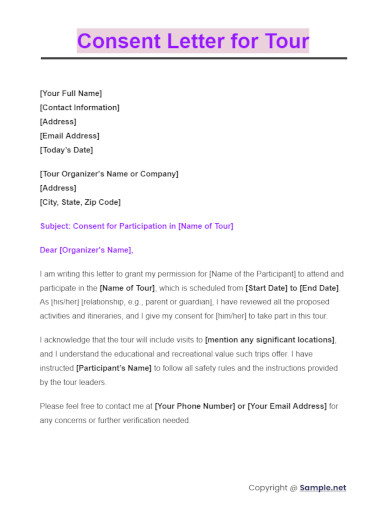
Consent Letter for Tour
download now -
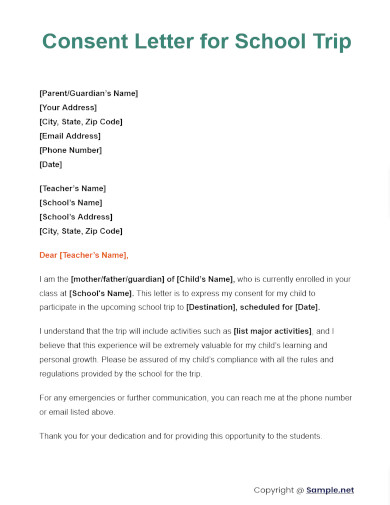
Consent Letter for School Trip
download now -
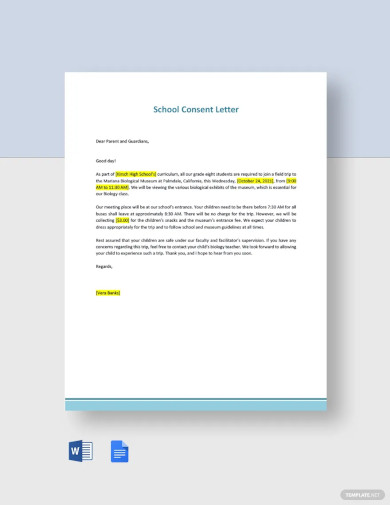
Free School Consent Letter Template
download now -
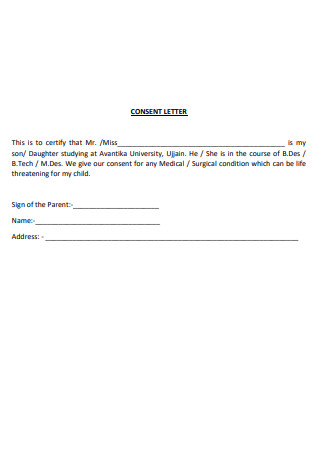
Sample Consent Letter
download now -
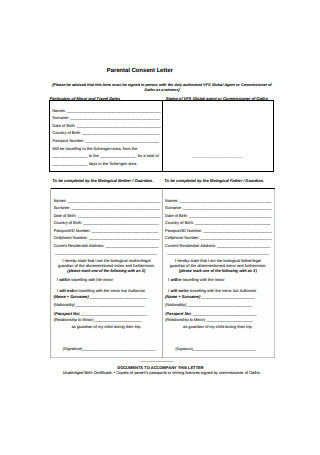
Parental Consent Letter
download now -
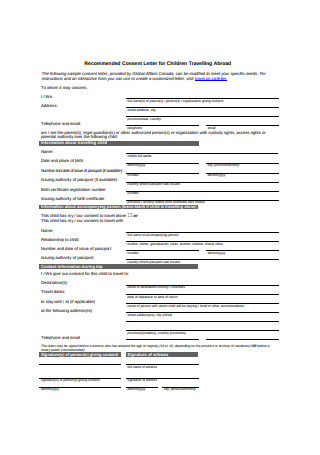
Consent Letter for Children Travelling Abroad
download now -
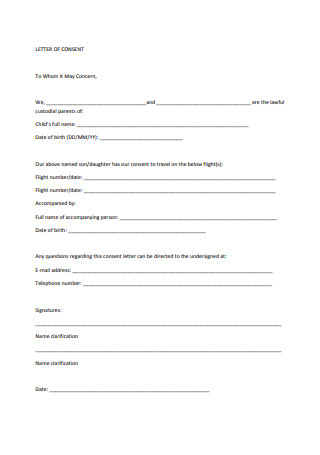
Employement Letter of Consent
download now -
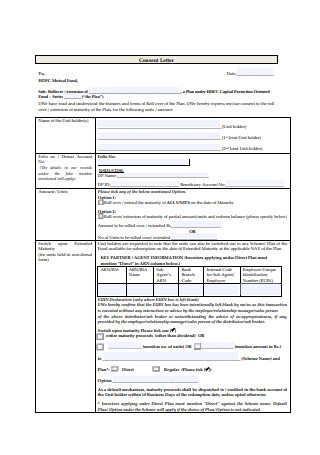
Consent Letter Format
download now -
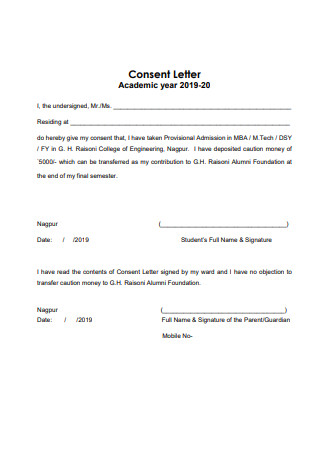
School Consent Letter Example
download now -
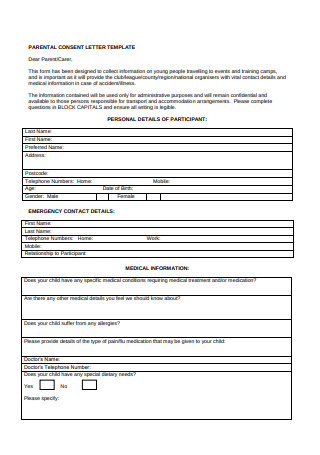
Sample Parental Consent Letter
download now -
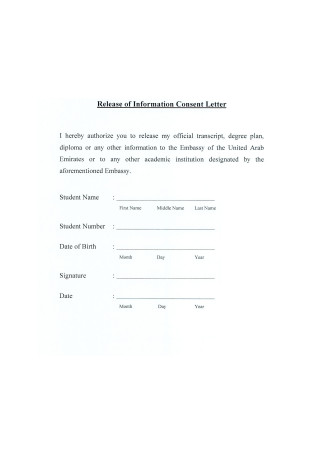
Consent Letter for Students
download now -

Consent Letter for Tour
download now -
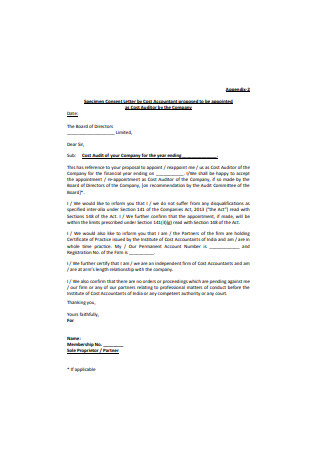
College Consent Letter
download now -
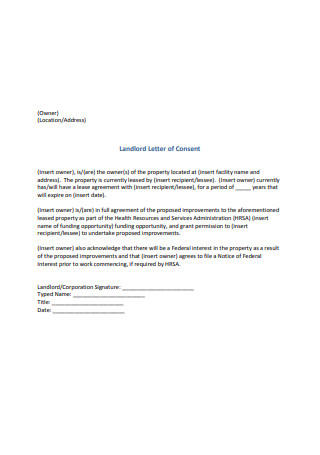
Sample Landlord Letter of Consent
download now -
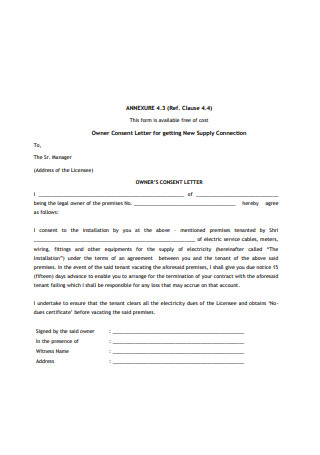
Fianncial Owner Consent Letter
download now -
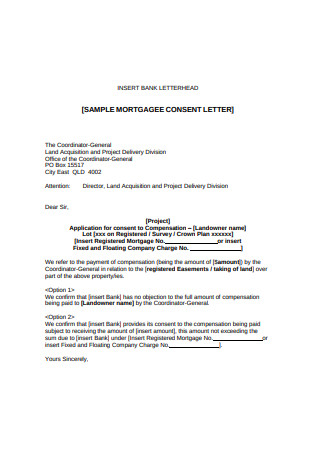
Sample Mortgage Consent Letter
download now -
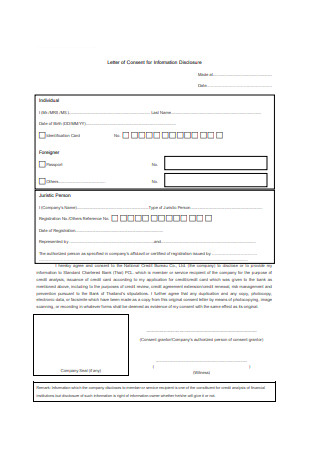
Letter of Consent for Information Disclosure
download now -
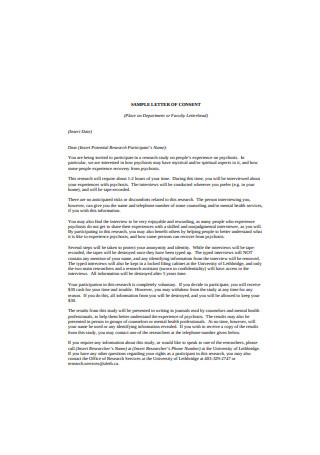
Sample Letter of Consent Format
download now -
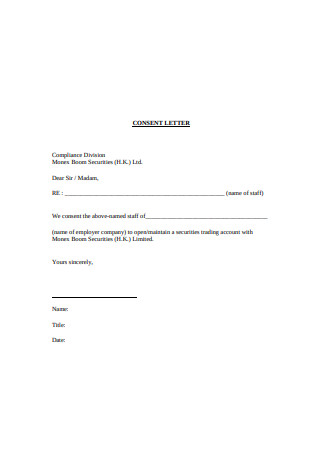
Basic Consent Letter
download now -
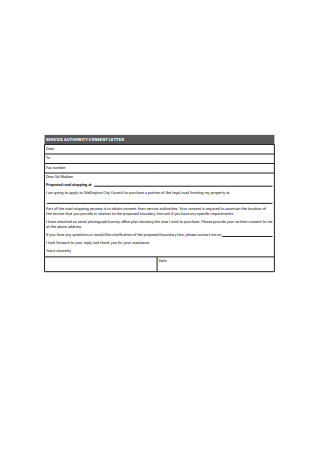
Service Authority Consent Letter
download now -
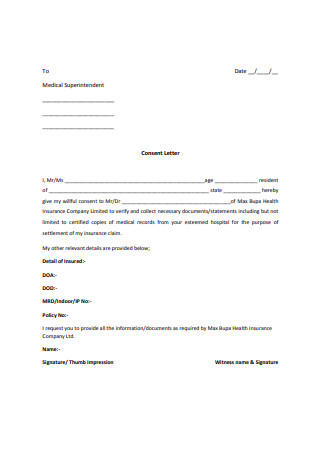
Customer Survey Consent Letter
download now -
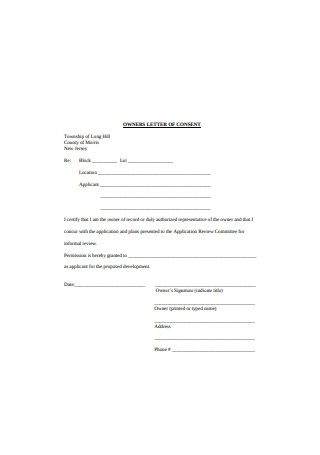
Owners Letter of Consent
download now -
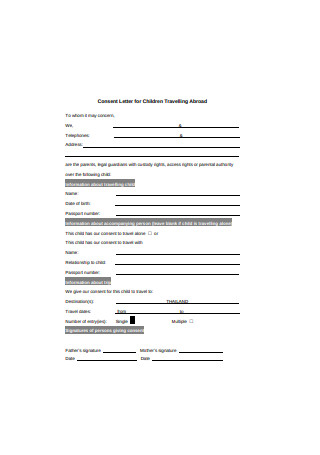
Consent Letter for Children Travelling Abroad
download now -
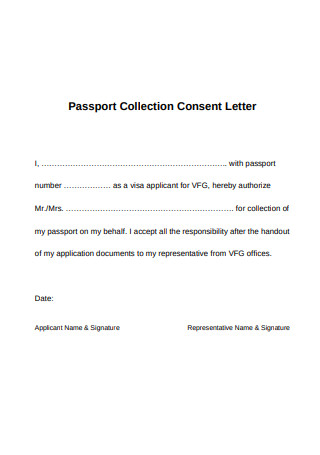
Passport Collection Consent Letter
download now -
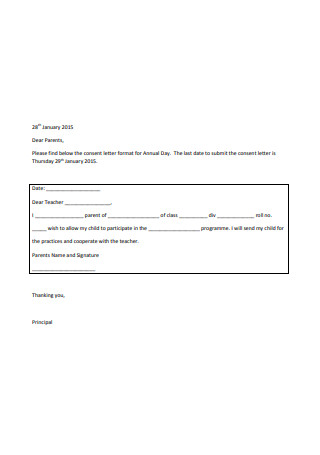
Sample Consent Letter for Annual Day
download now -
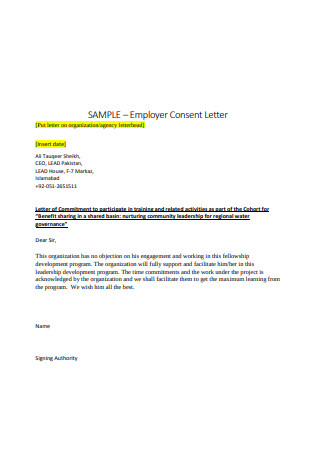
Employer Consent Letter Sample
download now -
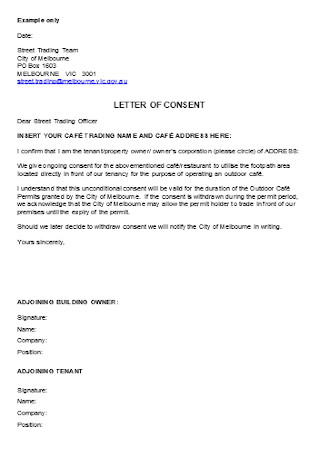
Sample Consent Letter Example
download now
FREE Consent Letter s to Download
Consent Letter Format
Consent Letter Samples
What is a Consent Letter?
Why a Consent Letter is Necessary?
Consent Letters: How does One Differ from the Next?
What is the Key Role and Relevance of Consent?
How to Write an Authoritative Consent Letter?
How do I write a consent request?
How do you write a legal consent?
What are 5 ways to ask for consent?
How to write a consent letter for a minor?
How to write a consent letter for an interview?
How to write a formal letter?
How to write a consent letter for a picnic?
Is a consent letter required?
Is written consent valid?
What is a written form of consent?
What is a consent request?
What are the 4 types of consent?
What is consent letter for business?
What is consent letter for passport?
Download Consent Letter Bundle
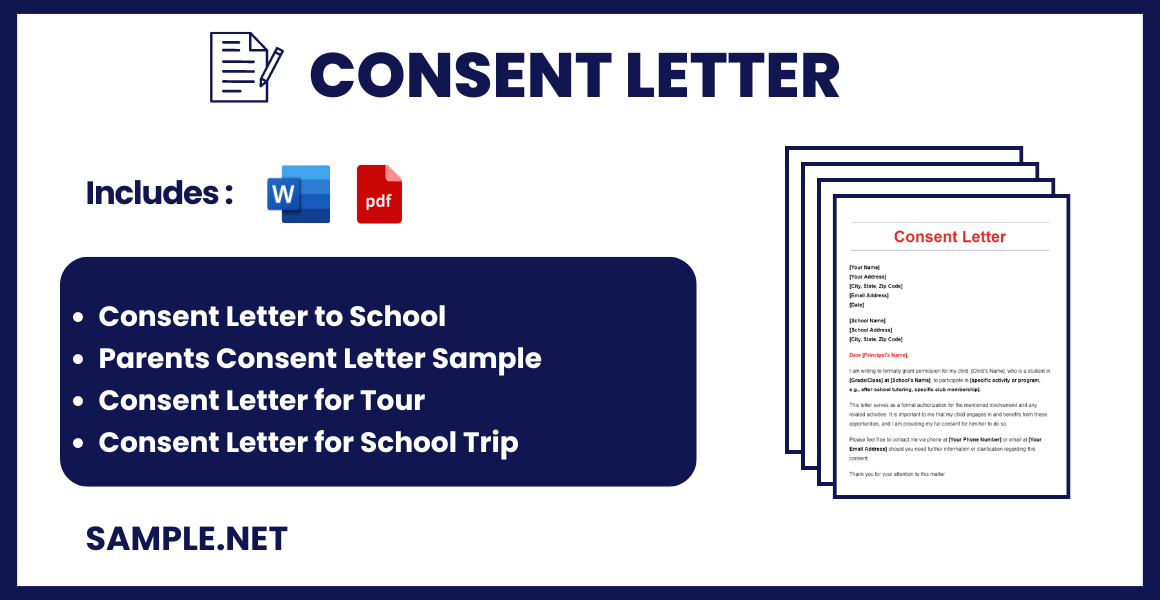
Consent Letter Format
Introduction
Address the recipient formally and introduce the purpose of the consent letter in the opening paragraph.
Consent Details
Body Paragraph 1: Describe the specific activity or decision you are consenting to, including relevant dates and details.
Closing: Reinforce your consent and provide a way to contact you for further information.
Signature
Include your signature, printed name, and date to validate the consent letter.
What is a Consent Letter?
A Consent Letter is a formal document that explicitly states one’s approval for a particular action or decision. This letter is often required in situations involving minors, medical procedures, or sensitive data handling, where explicit, informed consent is necessary. The purpose of such a letter is to document agreement and understanding between all parties involved, ensuring transparency and legality in personal and professional interactions. Typically, it outlines the specifics of the consent given and includes the identities of all agreeing parties.
Why a Consent Letter is Necessary?
It is one of the primary roles of parents to teach their children to ask for permission request letters when they want to get something. Up until adolescence, this behavior is expected upon personal interactions. In the academe, you expect students to ask permission when they take days off school. You would want workers to do the same thing once they enter the workplace. Moreover, permission takes on different forms and acquired through various methods. And one way of asking and granting permission is through a legal consent letter.
Consent letters are essential documents in both asking and granting permission for a particular purpose. Its use is common among corporate and personal communication plans. Corporations and organizations make sure to gain consent before entering business deals. Consent also has legal implications. If one party fails to secure it or was able to acquire it through unfavorable means, there are several consequences. On a more personal note, a common occurrence that requires a consent letter is when parents or guardians grant permission to let their minor children travel overseas.
Consent Letters: How does One Differ from the Next?
Granting and asking for permission takes on different forms. It is also a common occurrence in everyday life. We see children asking their parents to go on trips. Then parents themselves are asking their bosses to take some time off for their children. Even strangers ask other individuals for permission when they need to pass through or get something. So as standard as it is in everyday life, consent is also a common occurrence in professional settings. However, in the professional context, it appears as letters and forms. Read on to know more about the different faces of consent letters and their respective uses.
What is the Key Role and Relevance of Consent?
The act of giving consent is permitting something to happen without your direct supervision. If you give your consent to your child to go on a trip, you are allowing them to travel without your presence but with your full knowledge of its purpose. Likewise, consent letters in several industries serve the same purpose. The main purpose behind asking and granting permission must be specific, and its use must be for that reason alone. Listed below are the importance and methods of consent among some business sectors and corporate operations.
In Banking and Finance
Consent is a vital factor in keeping afloat in one’s financial activities. Open communication with client management and tracking is necessary to ensure that all the interactions are legitimate. Consent letters play a crucial role in fostering open communication. A letter is essential when the primary account holder delegates the role to another person. This circumstance happens when the primary holder travels overseas, thus their presence is not readily available once demanded by the bank. Consent letters are also necessary when a bank transaction, made by an individual who is not the account holder, deals with a large sum of money. Again, the use of consent letters in this situation goes beyond the need for permission. Dealing with money and highly sensitive personal information bears a high risk. A consent letter is one of the security measures employed by the organization.
In Recruitment
One of the year-round activities of an organization is employee recruitment plan. A company goes through piles of resumes and application letters for months until they settle with a pool of proficient applicants who can work well with the company’s culture. During this rigorous screening process, the applicant grants consent to the human resource specialists in the company to review their personal information. In the same way, the references of these applicants also give consent to the company to use their personal information to contact them for background checks. In these circumstances, the company does not have the responsibility to explicitly ask the other parties if they can use their information. The act of including their details in the document is an explicit act of granting permission. On the other hand, the specialists handling the recruitment process must make sure that the information will only be used for its sole intention.
In Research
Industries succeed because of research. Research, throughout time, birthed new manufacturing methods, operating systems, and equipment that revolutionized particular sectors. A critical factor that helps makes researches successful are the respondents. In a way, the respondents pitch in the most significant contribution to the study’s success because of their responses. As much as their responses are necessary, researchers cannot impose these people on participating. These people must express their consent to join, granted that they know what it is about and where the details of the result will be used. Moreover, consent is also necessary for the part of the respondent. For the sake of the study’s success, the researchers can impose a strict rule on non-disclosure. The participant’s consent in not disclosing the information and methodology of the Research study plan helps protect the credibility of the organization.
How to Write an Authoritative Consent Letter?
Consent letters may seem to be as easy as writing a, “Yes, I allow the other party to take over my account.” Generally, it might be simple, but there are several factors to consider before even starting to write one. Reviews and background checks are necessary that writing the letter has proper intentions. Listed below are the other factors to consider and remember when you start to write your consent letter for whatever purpose it may be.
Step 1: Review the Need for Permission
Disguised behind granting permission, consent letters can also provide power and authority to the other party, within certain limits. The passing of power and authority makes it essential for the initial step to review the need for permission. As the writer of the letter, you need to make sure that you are fully aware of the circumstance that requires it. You must also be knowledgeable of the organization Action Plan or people who will handle the said information. As a matter of fact, you can also choose to consult with a lawyer to ensure that the entire process will go on without setbacks.
Step 2: Gather the Necessary Details
After the much-needed review and background check, it is time to prepare the pieces of information that are the vital content of the consent letter. If you are dealing directly with your respondents, make a list of your organization’s details to present to them. As for guardians who are assigning their consent for their children, organize the minor’s information first. Especially when dealing with consent letters for international travel, the passport details are as essential as the personal data of the child. And do not forget to enclose your personal information. Preparing the needed data beforehand decreases the possibility of forgetting to include some details in the consent letter.
Step 3: Specify the Consent in Writing
One thing to remember when writing a consent letter is that it also follows the formal way of writing a standard business letter. The format precedes the content of the message. Make sure that you supply the necessary information in starting the letter. As you begin to write the body of the letter, be extra careful with how you word each statement. Granting consent is the primary content of the letter. Make sure to incorporate the party granting the request and the recipient party. Moreover, indicate the purpose of the request and the use of the information. It should also show the limitations of using the information or the limits of what the recipient of the permission can do. Most importantly, this part of the letter must mention the contact information of the involved parties.
Step 4: Allocate a Specific Timeframe
Alongside the explicit expression of consent, the letter must also include a timeframe. This timeframe places limits on the validity of the permission. In travel consents, the schedule usually runs for as long as the travel time of the minor. However, the consent granted for researches may have validities that cover the entire length of the study. This length of validity allows the researchers the freedom to utilize the pieces of information until the study Schedules reaches its conclusion. Securing the validity period of the permission also upholds security. It ensures that the letter cannot be used for several instances, other than the one it was intended for.
Step 5: Legalize the Letter
A consent letter is straightforward. After incorporating all its essential elements and following the standard business letter format, the consent letter is good to go. This letter bears legal implications, so it is vital to sign it before a lawyer. The sole role of the lawyer, at this point, is to serve as a witness for the signature’s validity. He needs to make sure that it was marked by the authorized signatories. But, before signing the document, make sure to review the letter. Review the format, ensure that it follows the proper structure and guidelines. More importantly. Check if the content does not have grammatical errors. A simple mistake in spelling may lead to lengthy revisions that can prolong the process. It is better to make sure before setting everything in stone.
How do I write a consent request?
Crafting a consent request involves clearly stating what permission is being asked for, similar to a Leave Form.
- Identify Yourself: Start by introducing yourself and your role.
- State the Purpose: Clearly explain why you are requesting consent.
- Detail the Request: Specify what you are asking permission for.
- Mention the Date: Include when the consent is needed by.
- Provide Contact Information: Offer a way for the respondent to reach you with questions or concerns.
How do you write a legal consent?
Writing legal consent requires precision and clarity, ensuring it aligns with standards akin to a Child Medical Consent.
- Clear Language: Use simple, clear language that is easily understandable.
- Full Disclosure: Provide all necessary information about the activities involved.
- Voluntary Participation: State that the consent is given freely without any coercion.
- Witnesses: Include signature lines for witnesses, if required.
- Revoke Clause: Inform that the consent can be revoked at any time.
What are 5 ways to ask for consent?
Asking for consent can be direct and respectful, much like requesting a Leave of Absence Form.
- Verbal Asking: Directly ask if the person agrees to the proposed action.
- Written Permission: Use consent forms for legal or formal situations.
- Visual Cues: Employ non-verbal cues to gauge agreement before proceeding.
- Confirmatory Questions: Ask clarifying questions to ensure understanding.
- Continuous Check-in: Regularly check in to maintain ongoing consent.
How to write a consent letter for a minor?
A consent letter for a minor typically involves permissions from a guardian, as in Parental Consent.
- Parent’s Details: Include the name and contact information of the parent.
- Minor’s Details: Clearly state the minor’s name and age.
- Consent Details: Specify what the parent is consenting to.
- Duration: Mention the time period for which the consent is valid.
- Signature: Have the parent or legal guardian sign the letter.
How to write a consent letter for an interview?
Consent letters for interviews ensure the interviewee’s agreement to participate, similar to a Return to Work After Leave process.
- Introduction: State the purpose of the interview.
- Confidentiality: Address how the information will be used and if it remains confidential.
- Voluntary Participation: Emphasize that participation is voluntary.
- Withdrawal: Mention that consent can be withdrawn at any time.
- Contact Info: Provide contact details for further questions.
How to write a formal letter?
Writing a formal letter involves adhering to a specific format, comparable to drafting a Leave Application.
- Header: Include your contact information and the date.
- Salutation: Use a formal greeting such as “Dear Mr./Ms.”
- Body: Clearly state the purpose of the letter in concise language.
- Closing: End with a formal closing, such as “Sincerely,” and your signature.
- Enclosures: Note any documents you are including with the letter.
How to write a consent letter for a picnic?
A consent letter for a picnic should be straightforward, ensuring attendees’ awareness and agreement, akin to planning Study Leave.
- Event Details: Provide the date, time, location, and purpose of the picnic.
- Activities: Describe any specific activities that require consent.
- Food and Allergies: Mention food arrangements and ask for allergy information.
- Emergency Contact: Include an emergency contact number.
- Signature Line: Provide a line for the attendee or guardian to sign.
Is a consent letter required?
A consent letter may be required for legal, medical, or travel purposes, ensuring all parties are informed and agree, similar to Paternity Leave policies.
Is written consent valid?
Written consent is legally valid when it clearly outlines the permissions granted and is signed by all relevant parties, akin to Sick Leave.
What is a written form of consent?
A written form of consent is a document that explicitly states one’s permission for certain actions, serving as a formal agreement like an Annual Leave Plan.
What is a consent request?
A consent request is a formal plea for permission to perform specific actions or use personal data, essential in managing Employee Leave Schedule.
What are the 4 types of consent?
The four types of consent include implied, expressed, informed, and unanimous, each necessary for different contexts like those seen in Forced and Mandatory Leave scenarios.
What is consent letter for business?
A business consent letter authorizes actions on behalf of a company, crucial for operations and decisions during Unpaid Leave.
What is consent letter for passport?
A consent letter for a passport is used to grant permission for passport issuance or renewal, often necessary in Maternity Leave when planning travel with a child.
In conclusion, a Consent Letter acts as a pivotal legal document that facilitates transparent and informed agreements, similar to a Car Purchase Agreement. It ensures that all parties are clear about the terms and have explicitly agreed to them. This article has provided a thorough examination of various types of consent letters, from medical to educational, offering samples and key considerations for drafting effective and enforceable documents. Use this guide to navigate the complexities of consent in both personal and professional realms, safeguarding rights and intentions.

